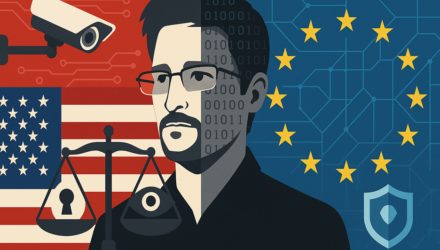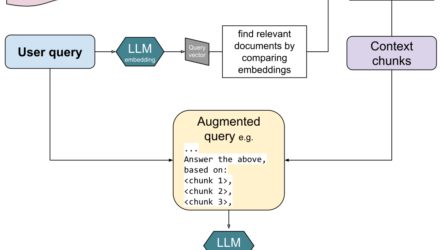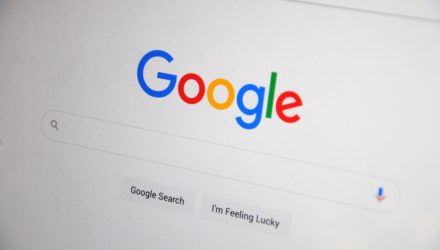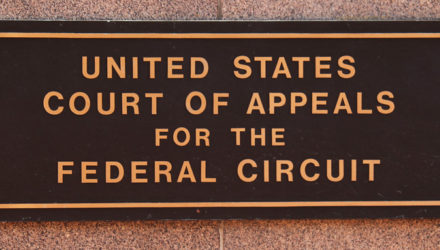Digest Reports

Seizing Global AI Regulation: Chips for Peace as America’s Last Call to Lead
By Natasza Gadowska - Edited by Isabel Yin and Pantho Sayed
Posted on May 21, 2025
[The above image was AI-generated by ChatGPT o3.] Natasza is an LL.M. Candidate at Harvard Law School (2025). She holds her primary law degree from Jagiellonian University in Kraków, Poland, where she is also currently pursuing a Ph.D. in AI and data privacy. Natasza’s academic journey has taken her across five universities on three continents, including the University of Melbourne, the University of California San Diego, Ludwig Maximilian University of Munich, LUMSA University in Rome, and the University of Basel. Before joining Harvard, Natasza gained professional experience at the OECD, the United Nations, the Centre for AI and Digital Ethics at the University of Melbourne, and various law firms, contributing to projects on AI regulation, data privacy, digital trade, and...
Continue reading





